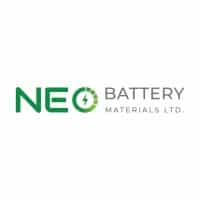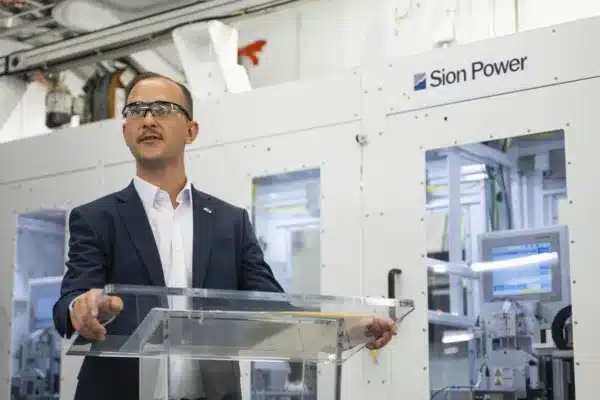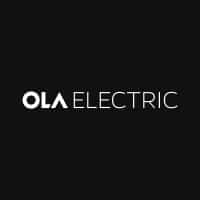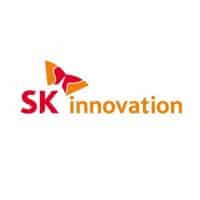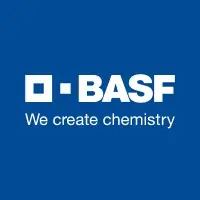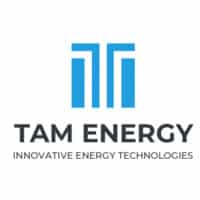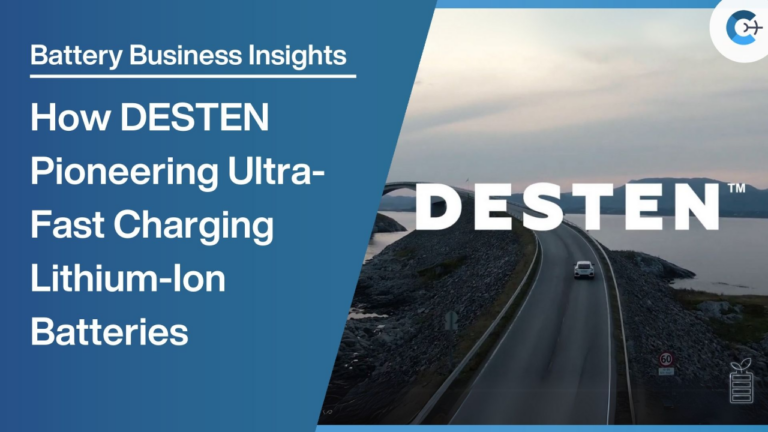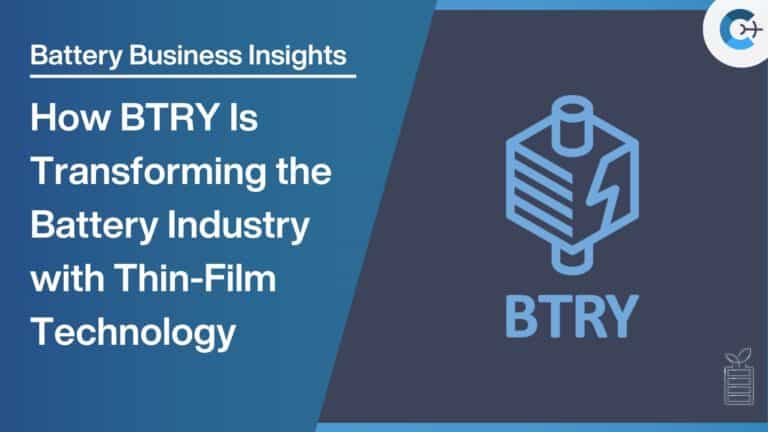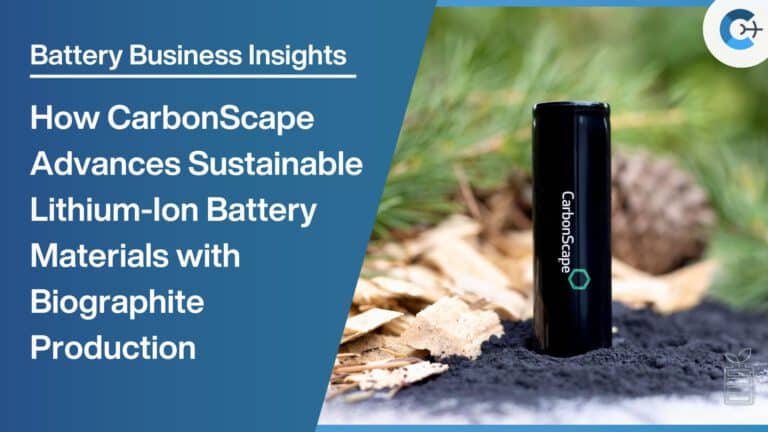Gelion, an Anglo-Australian battery technology company, has reported a significant advancement in its Next Generation (“GEN 3”) Lithium-Sulfur battery technology. The firm has successfully developed a 12 Ah cell with an energy density of 402 Wh/kg, exceeding their previously announced target of 400 Wh/kg.
This development marks a notable improvement over current lithium-ion batteries, which typically offer energy densities between 200-250 Wh/kg. The new Gelion GEN 3 Lithium-Sulfur (Li-S) cell is over 60% lighter than a conventional lithium-ion battery with equivalent energy capacity.
Gelion’s GEN 3 technology is characterized by several key features:
- High energy density
- Non-use of reactive additives
- Cathode composed of commercially available materials
- Water-based, non-toxic manufacturing process
- Compatibility with existing gigafactory equipment
John Wood, CEO of Gelion, stated that this achievement provides substantial evidence of the potential for their GEN 3 approach to Li-S batteries. The technology aims to combine safety features, economical and sustainable manufacturing processes, and high energy-to-weight performance.
This milestone follows Gelion’s previous announcement on August 15, 2024, where they anticipated reaching the 400 Wh/kg energy density target. The company has been making consistent progress in battery innovation, including a recent joint development agreement with Glencore International AG and the production of a 395 Wh/kg lithium-sulfur 9.5 Ah pouch cell in April 2024.
The advancements in Gelion’s Li-S technology may have significant implications for applications requiring lightweight, high-energy-density power sources as the battery industry continues to evolve.
Source: Gelion News


